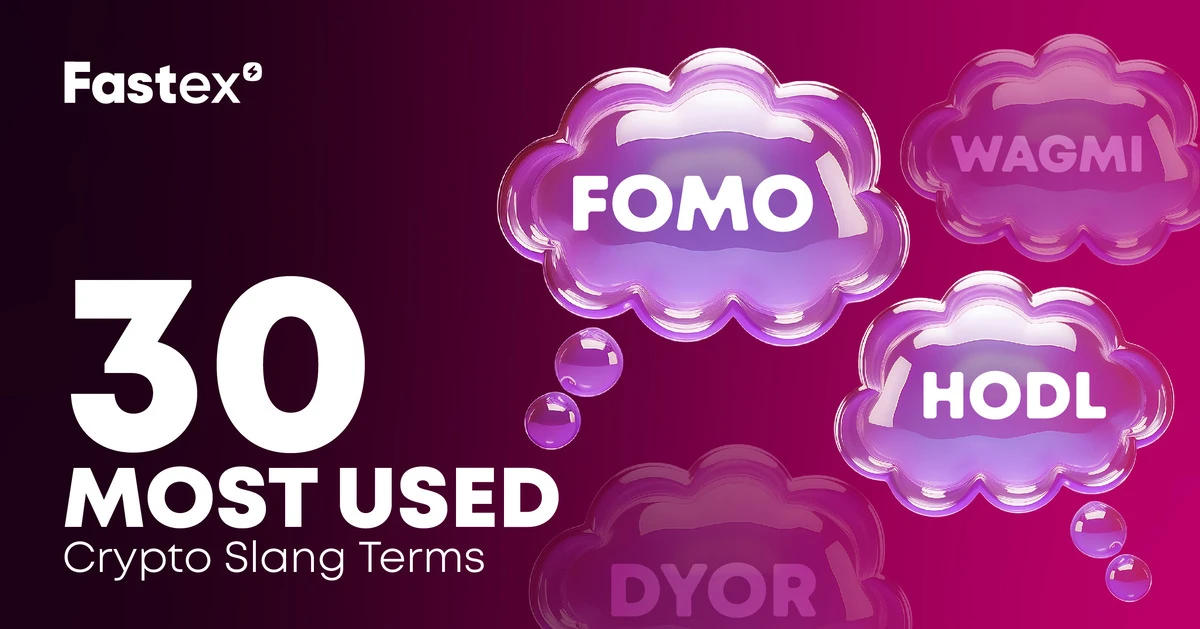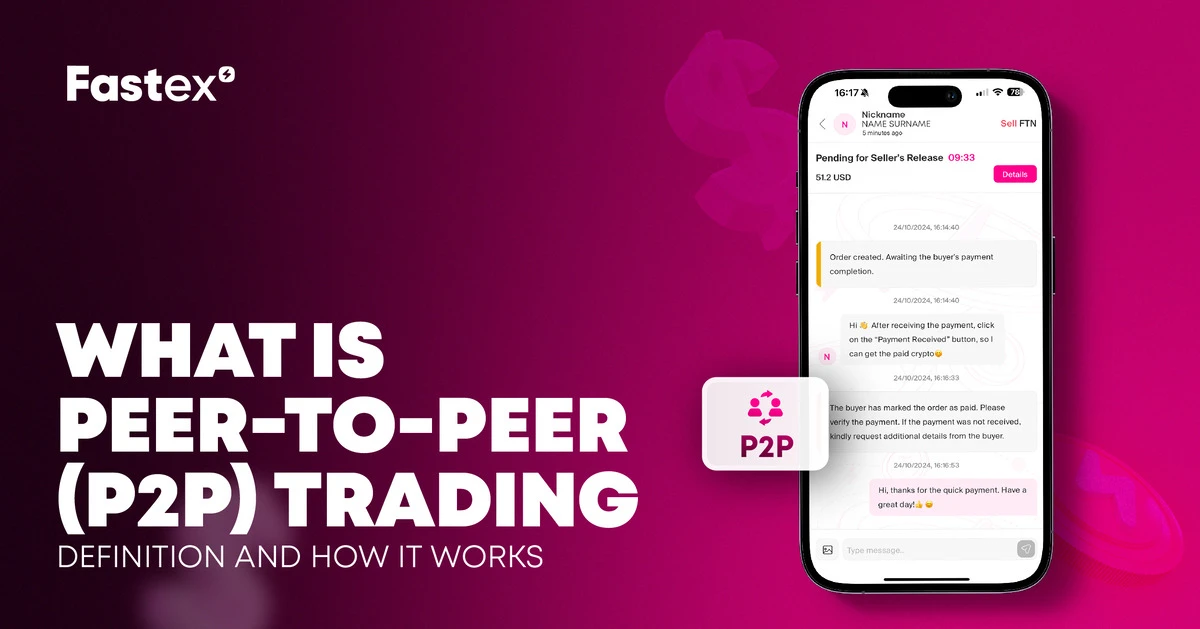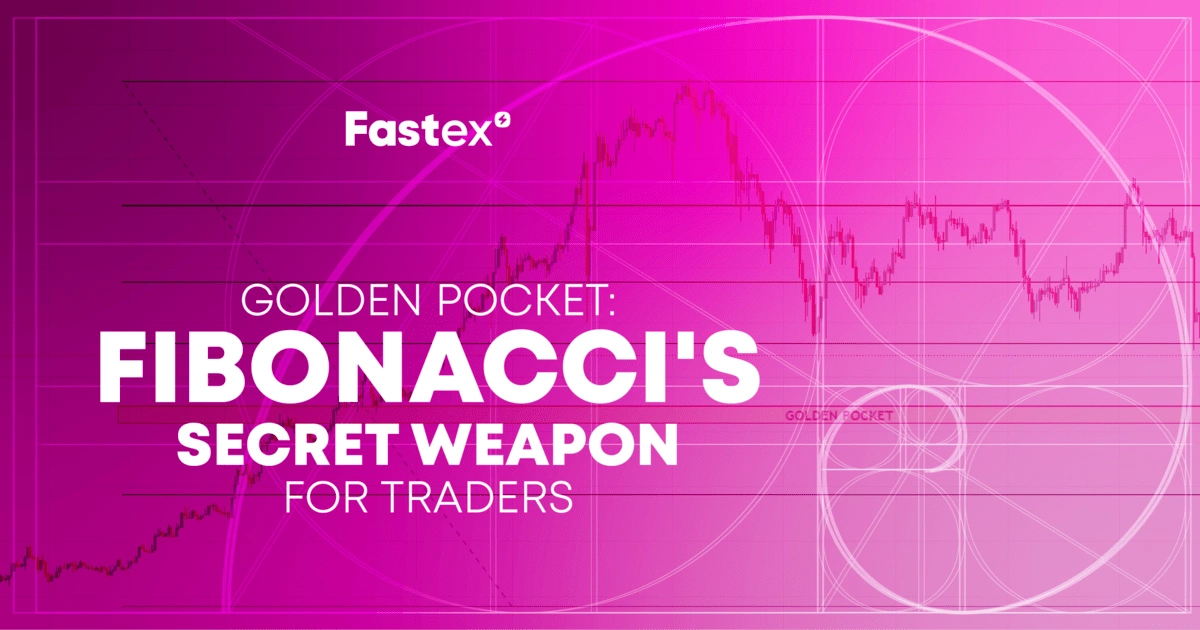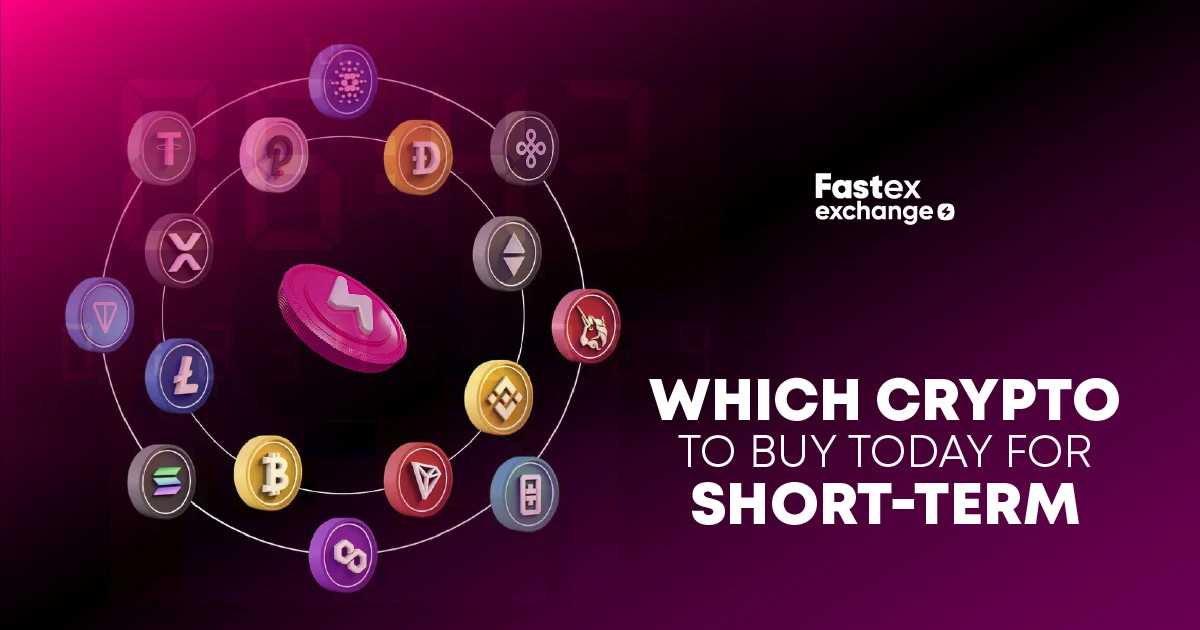On This Page

Crypto Slang: 30 Most Used Crypto Slang Terms
Introduction:
Have a hard time understanding a lot of the crypto slang words?
It's important to learn a good "crypto slang dictionary" or you might feel like a guest in the crypto world. Here is a crypto slang list of phrases that you may or may not know what they mean. So, get ready and don't miss this crypto slang dictionary!
1. FUD
FUD opens as fear, uncertainty and doubt. It is a trading strategy of spreading doubt and false information to make investors worried or unsure. So that, FUD changes the way the market feels to bring down prices.
Spreading such false information about a cryptocurrency system or a certain coin means someone wants to make people scared and doubtful about it. Professional traders usually think that banks and media try to spread false info about crypto to make it difficult to understand.
Whether it's done on purpose or not, FUD can change the value of a coin or even a whole market. So, don't let FUD bother you, and keep your mind on your plan and don't let fear affect your decisions.
2. FOMO
Fear of missing out, or FOMO, is another popular crypto slang term that describes traders' worries about losing profits from rising price. In the world of cryptocurrencies, FOMO is very important because many coins' marketing strategy is based on buyers' hopes that prices will go up.
As a result of their worry, people may act in a rush and rely on their investing decisions more on emotion than on logic. FOMO has the potential to significantly affect coin values and generate market volatility. Additionally, it may cause investors to suffer far bigger losses.
When a cryptocurrency is rising, FOMO can lead consumers to make rash investing decisions. For instance, in 2017 FOMO made Bitcoin's value go from about $900 at the start of the year to almost $20,000.
3. HODL
"HODL" opens as "hold on for dear life," which means not to sell anything, no matter how unstable the situation gets. HODL is used a lot when talking about Bitcoin. If the markets are unstable and your purchases look like they're going up and down there’s no reason to panic sell. That's why Hodl offers long-term investments, even when prices are volatile.
The first time this crypto slang was used in 2013. A user named GameKyuubi meant to type "HOLDING" to let other users know they weren't selling their Bitcoin when the market went down. The misspelling of "hold" led to the creation of the crypto slang "HODL," which now means "keep."
4. Bagholder
A bagholder is an investor who buys coins at a higher price. They are now stuck with coins that are losing value holding a bag full of coins, but instead of valuable assets, the bag would be full of worthless or falling currencies.
They usually hold on to their assets even though their worth keeps going down. They might hold on to their position even if the value of an asset drops to almost nothing, usually because they think the price will eventually rise again or because they don't want to lose.
5. Mooning
"Mooning" means that the price of a coin or token goes up very quickly. You can also say "When moon?" or "When Lambo?" to show that you want the price to go up.
Moonbois are people who are too excited about the future of a coin. These crypto slang words describe investors who are "pumped" when the price of a coin is going up. If you hear someone say "going to the moon," or "to the moon," the price will go up. This could be because of marketing or a real rise in value.
This idea came from the early days of Bitcoin, when some lucky buyers saw the value of their holdings rise, making them millionaires in a short time.
6. When Lambo
"When Lambo?" is a half-serious, half-joking question that cryptocurrency investors frequently ask when their cryptocurrency holdings will increase to the point where they can purchase a Lamborghini. In this crypto slang, the ambition to achieve significant financial success is symbolised by purchasing an expensive car.
Peter Saddington symbolically represented this aim when he bought a Lamborghini with 45 BTC from an earlier investment. The phrase has sometimes been used to make fun of those who enter the cryptocurrency space hoping to make quick cash and ignoring the true worth of currencies.
7. DYOR
"Do your own research" (DYOR) is a short way to say that you should not take anyone else's financial advice and should study things on your own before investing. Before starting any job, the golden rule says "Do It Yourself," which means just don't trust what other people say. Study, do research, and then make choices based on what you've learnt.
With the rise of DYOR after the ICO craze of 2016–2018, experienced traders started thinking how important it is to do a lot of study before investing in any project. This was done to keep newcomers away from scams. People who want to invest should not depend on hype or suggestions from others, but should instead fully research and understand a cryptocurrency or project before investing.
8. Pump and dump
Pump-and-dump is when the price of an asset is artificially raised by spreading false information about it. Buying a lot of assets at a low price all at the same time by a lot of people will raise the price and demand of the asset.
When the price suddenly goes up, other people will jump in and buy too. The first group will then sell (dump) the assets to make quick money, leaving those who bought late with big losses.
Pump and dump is considered fraud and is illegal in many places, including the United States. The Bitconnect scam is an example of pump-and-dump because the value of the coin was intentionally inflated, mostly through social media, before the whole platform was revealed.
9. DeFi
DeFi stands for "Decentralised Finance." By using blockchain technology, it creates a new financial environment with many different financial tools, apps, and services. This crypto slang covers all of these projects and is getting popular every day.
DeFi features include stablecoins for banking services, decentralised exchanges, derivatives, prediction markets, and systems for loans and borrowing. In the last one, you can either work with other people or in a pool. In the traditional finance industry, it's a mix of copying goods and services, and blockchain technology make it possible for completely new ones.
10. Diamond and Paper hands
People who HODL are said to have "diamond hands," which means they will not sell their stocks for any price. Paper hands or Weak hands, on the other hand, are traders who quickly sell their holdings when prices start to go down.
No matter the market conditions, a trader with diamond hands will stay till the end. This crypto slang term refers to a big will to experiment with risk. Diamond-handled traders don't sell their tokens until they think the tokens have hit their full potential. Their decisions are not easily affected by changes in prices, even when the market is bad.
When things start to go wrong, a trader with "paper hands" will sell their investment right away. They basically sell in a hurry and their actions might be based on a fear of losing and missing out on possible wins in the future.
11. Flippening
The point at which one cryptocurrency is worth more than another is known as "Flippening." For example, when any coin becomes worth more than Bitcoin it will be a flippening. Most of the time, Ethereum has been the second most expensive coin, but its market cap has always been less than Bitcoin's.
People came up with the word "flippening" in 2017 to describe a possible change in the biggest coin. It refers to a possible scenario in which Ethereum (ETH) passes Bitcoin (BTC) as the largest cryptocurrency by market capitalisation.
In 2018, Charlie Lee came up with the word "flappening" to describe Litecoin (LTC) becoming more valuable than Bitcoin Cash (BCH).
12. Whale
“Whales” are people or businesses that have a big amount of a certain coin, although there isn't a set number of coins or tokens that someone must hold to be called a whale. So that, the amount of money they have must be large enough to affect market prices if they decide to buy or sell increasing supply or demand. Whales basically have enough money to control the market.
Because of this, buyers keep an eye on the industry “whales” to be ready when they make a move.
13. Cryptosis
Cryptosis is the feeling of always wanting to know more about blockchain, and coins and how they all work. If you have cryptosis, you can't stop reading the news, joining online conversations, or keeping an eye on market trends. You always feel the need to be linked to the world of crypto. The only bad thing about this is that it can make you feel anxious.
14. No-coiner
People who are very critical of crypto and think that coins have no value are called "no-coiners." These "no-coiners" don't believe in cryptocurrencies like Bitcoin (BTC), Ethereum (ETH), or any other digital currencies.
They don't like cryptocurrency because they don't believe in its real-world value or future promise. No-coiners are against virtual coins and usually think that the financial markets should work in a standard way. Although this word can be used in a neutral way, as people who are very involved in the crypto community may also use it in a fun or disrespectful way.
15. GMI, WAGMI / NGMI
Going to make it, Not going to make it, and We're All Going to Make It. All of these crypto slang words are meant to send a positive or negative message.
GMI became well-known as a way to stay motivated during bear markets when the prices of cryptocurrencies were falling sharply. When things are uncertain, traders would use GMI or WAGMI to support each other and say how sure they are that the community would get through the problems and win in the end. Using these slangs helps them to feel good about a project, and have faith in it and help each other. NGMI opens as "Not Going to Make It". It is often used in crypto to say that something will fail in the future because of a bad choice. It can also be used to make fun of people who are against crypto or don't understand basic ideas.
16. Bear
When someone says "the market is bearish," they think coin prices will go down, which shows they are not optimistic about how the market will go.
When asset prices fall the market is said to be in a bear mood. Prices go up and down all the time, but a "bear market" only refers to long periods of price drops. It may last for years or even months.
Additionally, a bear trap occurs when the price chart displays false indications that a decline is likely to begin.This makes traders fooled, as the price will go up again, and they lose money on their short contracts.
17. Bull
When the prices of securities are going up or are projected to go up, this is called a bull market. The bearish is the opposite of the bullish market.
A bullish condition means that someone is optimistic about the cryptocurrency market and thinks prices will go up and the market as a whole will grow. People who feel this way usually have faith in the market's ability to go up and see good investment chances. If the whole crypto market is positive, it means that it is going up.
Additionally, there is a bull trap, which is a fake sign that the price will go high. Although, the price goes up for a short time and then drops sharply again.
18. BTFD (BTD)
To buy a coin when the price is going down is what "Buy the f****** dip" or BTFD stands for. Most of the time, this is used in chat rooms like Telegram to inform buyers to take advantage of the situation.
This crypto slang phrase is mainly used when the market goes down and prices drop. But it is important to remember, that time is everything when you want to take advantage of low market prices.
19. Phishing
While phishing hackers try to get private information from a user, like their username, password, or even payment details. These scammers often use a fake website or app that looks a lot like the real one. This happens a lot In the crypto world because all you need is the secret key to steal all the currencies.
20. Shitcoin
If someone talks badly about a coin, it becomes known as a "shitcoin." It can be any currency, even Bitcoin. The reason could be a lack of new ideas, bad communication, slow progress, or the fact that that person thinks another coin is much better.
21. Degen
A person with a very dangerous investment plan, such as purchasing shitcoins, trading with more leverage, investing in extremely risky ventures, or a mix of all of the above, is referred to as a degen, short for a degenerate. This crypto clang describes those who trade without conducting adequate research. These traders simply follow signs and FOMO into price pumps before entering a trade. They will simply purchase it in the hopes of making rapid profits because it appears to be a good coin to trade. Degen "strategies" are less like investment planning and more like betting.
22. REKT
The crypto slang "REKT" takes its name from the word "wrecked."
Someone gets rekt when they lose a lot of money in the cryptocurrency market. It's similar to being damaged but for money. Rekt typically occurs when a trader makes a poor investment or trade, or when the market declines.
Rekt frequently expresses a combination of humour and pity for the situation. This crypto slang term, however, can also be used to highlight the dangers of virtual currency trading and the significance of careful investing.
23. Cryptojacking
A cybercrime known as "cryptojacking" occurs when a criminal secretly creates cryptocurrency using a victim's computer power.
This typically happens when victims install a program with harmful scripts without realising it, such as when they visit a virus website or click on a suspicious link in an email. This gives the hacker access to the victim's device and personal information.
Numerous devices, including cell phones, laptops, and personal computers can be attacked by cryptojacking. Unlike many threats, it is made to remain undetectable from the user.
24. Bitcoin Maximalists
Vitalik Buterin, the creator of Ethereum, popularised the phrase "Bitcoin Maximalism" initially as a criticism of the Bitcoin concept.
Bitcoin Maximalists are passionate believers of Bitcoin and think it is the only one that counts. This group believes that it should be the most widely used digital money globally. They view Bitcoin as the currency of the future, one that will one day take the place of ordinary fiat currencies.
25. LFG
'Let's f—ing go!' is a slang word that is frequently used in the cryptocurrency field to convey drive, energy, or encouragement while talking about fluctuations in the market, bullish trends, or positive events. It serves as an invitation to get people involved in a specific activity.
26. Rug pull
Rug pulls occur when scammers develop a new cryptocurrency, persuade people to invest in it, and then suddenly sell it off, leaving investors with useless tokens.
Its name is derived from the expression "to pull the rug out" from beneath someone, which leaves the victim fall and unsteady.
To prevent rug pulls it's important to have community involvement, security audits, and early warning knowledge.
27. Shill
The crypto slang term "shill" or "shilling" refers to promoting a coin for personal gain. A shill is a person who engages in such advertising by bringing attention to a cryptocurrency.
Shills attempt to artificially increase demand and, eventually, the value of the digital asset. Creating excitement about the project is the ultimate goal in order to get people to invest in it. Investors boost demand, which in turn raises the token's price.
28. SAFU
The phrase "SAFU" in cryptocurrency refers to the safety of funds or assets. It stands for "Secure Asset Fund for Users,".
"SAFU" is typically used by businesses to promise investors that their money will be secure. Depending on the situation, "SAFU" may also refer to a financial fund established by Binance.
29. Normie
In the crypto environment, someone who is unfamiliar or uninvolved in the cryptocurrency sector is known as “normie” or “pleb”. They are not familiar with either blockchain technology or any digital currencies. Unfortunately, experienced traders sometimes take advantage of plebs.
30. WAGBO
Popular crypto slang WAGMI, which stands for We Are Gonna Make It, aims to motivate people that everything will be okay. It's a comforting method of relaxing traders
Disclaimer: Includes third-party opinions. No financial advice.




